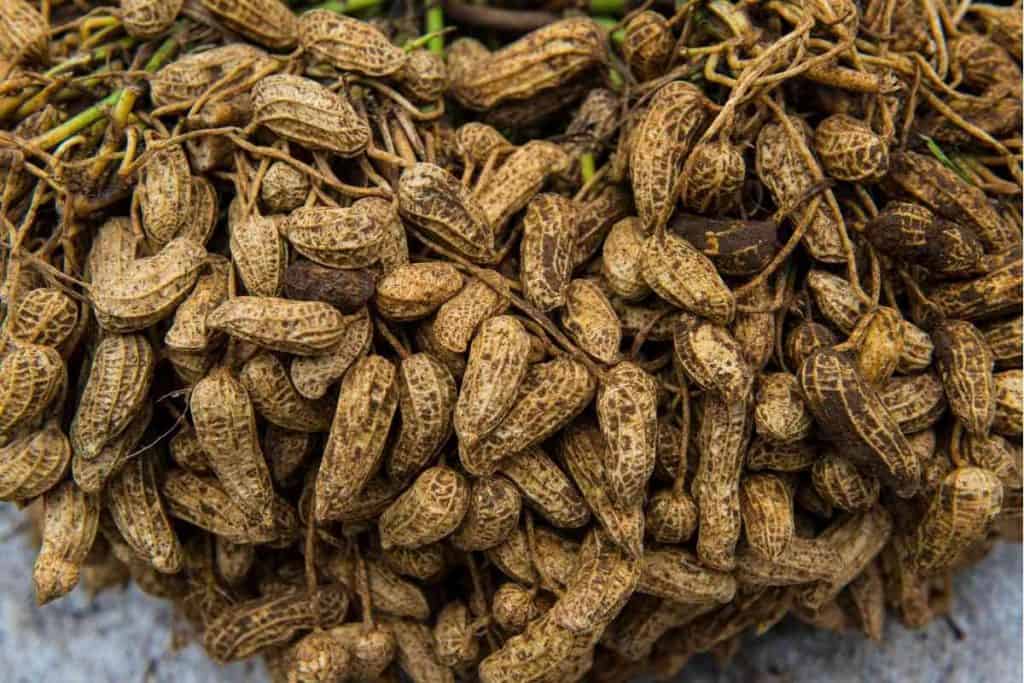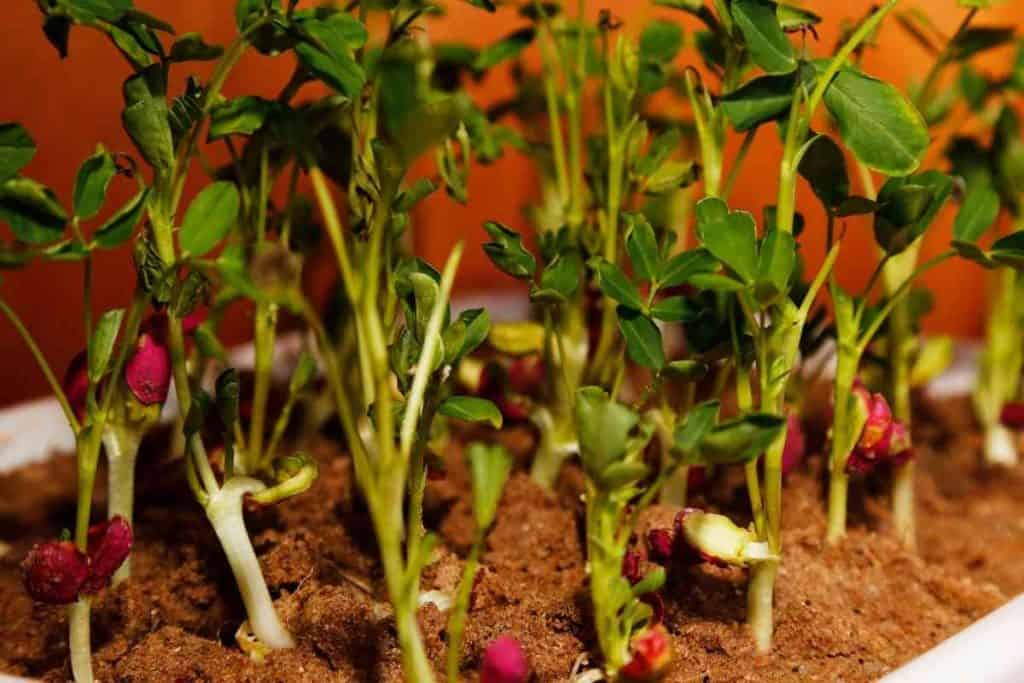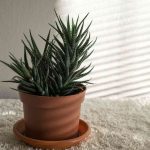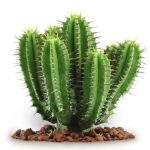Tasty and palatable, peanuts are among the most popular consumed snack foods. Not only are they tasty, but they are also good for health, especially to the heart. However, there is confusion surrounding what peanuts truly are. Are peanuts fruits or vegetables or nuts?
Well, peanuts are vegetable fruits, just like groundnuts. Peanuts and beans are legumes from the same family called Fabaceae and are scientifically categorized as Arachis hypogaea.
You may be wondering why it’s called peanut rather than fruit, and that’s precisely what we’ll be discussing in today’s article.
But, first, what is a peanut, and how does it develop?
Table of Contents
What are Peanuts?

Peanuts are an annual herbaceous plant that grows 30 to 50 cm tall. As we stated earlier, they are legumes that belong to the botanical family, Fabaceae, and notably called Leguminosae.
Peanuts, like most other legumes, contain symbiotic nitrogen-fixing bacteria in their root nodules.
Peanut plants develop leaves that are opposite each other and pinnate with four leaflets, which are all 1 to 7 cm long and 1 to 3 cm wide. Like most other leguminous plants, the peanut leaves are nyctinastic, which means they possess a kind of sleep movement, thus closing during the night.
They grow attractive yellowish-orange flowers with reddish veining and grow 1 to 1.5cm across. They proceed in axillary clusters on the stems above the earth and stay for only one day. You can find its ovary at the edge of the flower stem, yet highly elongated floral cup.
How Does Peanuts Develop? | Origin of Peanuts
You must understand the development processes or stages of peanuts before talking about its significant or salient points. It takes about 4 to 5 months for peanut plants to develop fully, during which they’ll start to produce fruits below the earth level.
You might notice several differences during their growing stages. However, these distinctions happen slightly across the different varieties of peanuts. Do you also know that peanuts don’t grow on their stems?
So true; just like root vegetables, they are underground growers, which adds to the confusion about what they are once harvested.
Meanwhile, it takes about 4 to 5 months before peanuts can be harvested through digging up. However, before this is done, the harvester must ensure the soil is in a better condition to enhance smooth harvest.
Having said this, we can now go back to the topic question; are peanuts vegetable fruits or nuts?
Are Peanuts Fruits or Vegetable or Nuts?
Whichever way you look at it, peanuts cannot be called nuts. Since they belong to the legume family, they cannot be seen as nuts or tree nuts even though they share notable similar chemistry and physical attributes.
Most people see peanuts as fruits simply because anyone allergic to tree nuts like pistachios and macadamia is probably allergic to peanuts.
However, that theory is not a sufficient explanation to consider peanuts as nuts. Simply, since peanuts are classified as legumes, they can be considered fruits. But why are they called vegetable fruits?
All edible parts of any plant are called vegetables, be it the whole fruit, leaves, flowers, stems, or roots.
Invariably, anything derived from plants and eaten as food can be considered vegetables. Therefore, going by the explanation above, it is not unrealistic to consider peanuts as vegetable fruits.
Peanuts are legumes, so are fruits; they are edible and obtained from plants, so are vegetables. Generally, they are vegetable fruits.
What Type of Fruit Are Peanuts?

This is quite simple. As we earlier stated, peanuts are legumes and come from the same family as beans. They are leguminous fruit-bearing plants.
The plant features seed pods, which possess a hard-shell fruit with either two or three edible seeds, otherwise known as peanuts. Therefore, peanuts are a legume type of fruit.
Why are Peanuts Considered Legumes?
Also known as groundnuts, peanuts are considered legumes simply because they are edible seeds that are primarily notable for their oil contents. They also contain a high level of nutrients not just for their seeds but also for their nitrogen fixation nature.
They are considered legumes because they contain some nitrogen-fixating bacteria (azotobacter and Nitrosomonas) in the root nodes, which convert nitrogen into nitrates that are good for plants. Meanwhile, the root nodes of the peanut plants contain a great number of these bacteria.
Related Posts:
- Is Mushroom A Vegetable Or A Fruit?
- Is Bell Pepper A Fruit Or A Vegetable?
- Is Onion a Fruit or Vegetable?
- Is An Apple A Fruit Or Vegetable?
- Is Watermelon a Berry or a Fruit?




